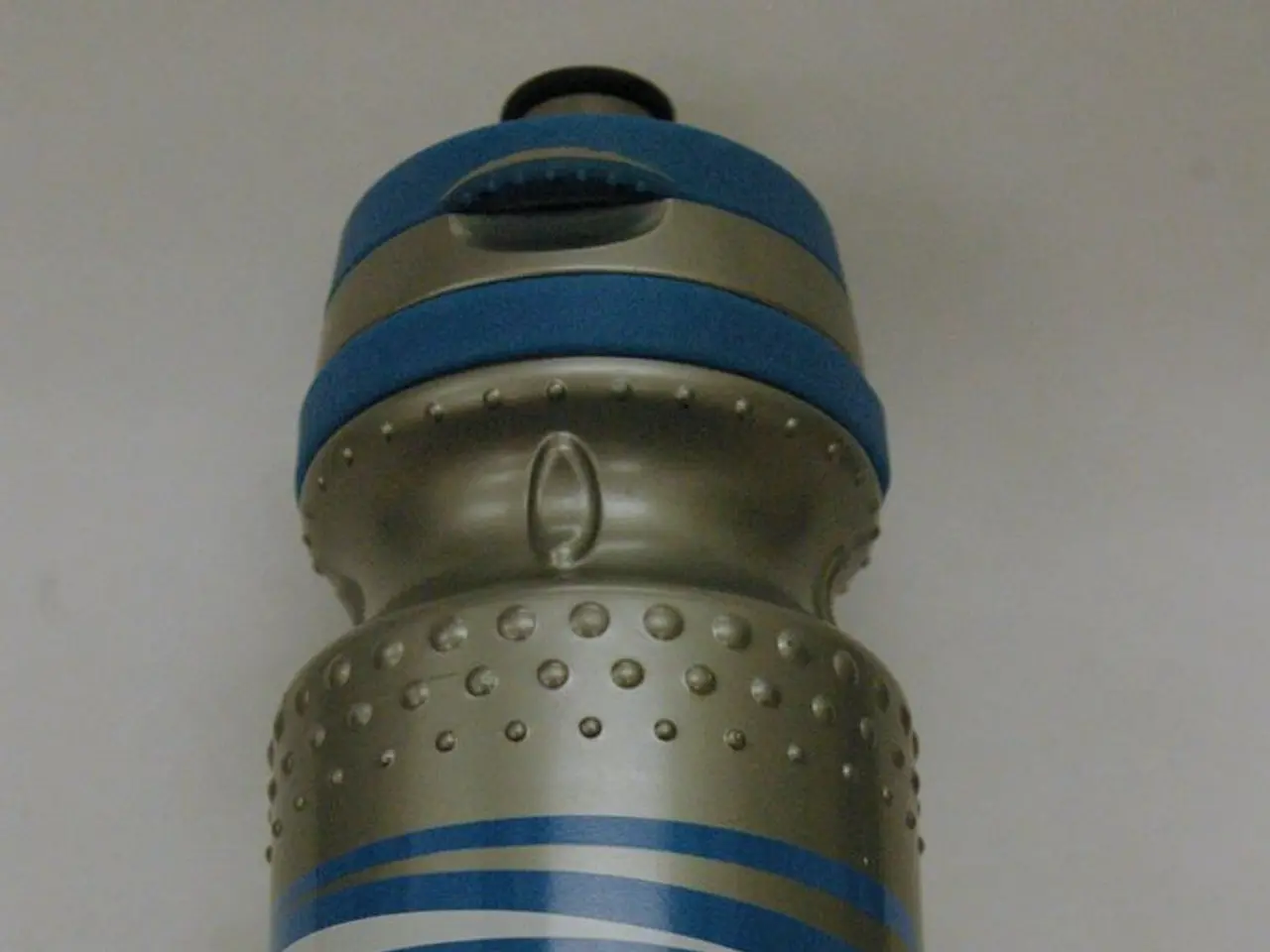Artificial intelligence company OpenAI and biotech startup Retro Biosciences join forces for a new undertaking aimed at prolonging human lifespan
In an exciting development for the field of regenerative medicine and anti-aging research, OpenAI and longevity startup Retro Biosciences have joined forces to optimise the use of Yamanaka factors – proteins that can transform old skin cells into young stem cells. This collaboration aims to improve the process of cell reprogramming, a critical step in regenerative medicine and research focused on extending human lifespan.
The heart of this project lies in OpenAI's large language model, GPT-4b micro. This AI model has been specifically trained for tasks in medicine and science, and its role is to recommend modifications to the Yamanaka factors that can enhance their expression and stem cell production efficiency. By doing so, the collaboration hopes to enable safer partial reprogramming that rejuvenates cells without causing dedifferentiation or tumor risks.
The refined control over the Yamanaka factors could help maintain the original identity of cells while resetting their biological age or epigenetic markers, effectively "turning back the clock" on cellular aging. This could pave the way for significant advancements in lifespan extension technologies, as the team aims to overcome current challenges in anti-aging cellular therapies.
Retro Biosciences, a company that believes Yamanaka factors are critically important for tissue regeneration, creating artificial organs, and extending life, shares OpenAI's enthusiasm for this project. In fact, preliminary measurements show that the resulting proteins outperform anything scientists have created before, a testament to the significance of this collaboration.
According to OpenAI researcher John Holloman, this advancement in medicine, achieved through the collaboration with Retro Biosciences, is significant not only for extending lifespan but also for improving health in old age. This promising development marks a new era where AI models like GPT-4b micro contribute directly to decoding and manipulating the biological mechanisms of aging.
It's important to note that GPT-4b micro is focused on altering the biological functions of proteins, unlike AlphaFold from Google, which predicts protein structures in 3D. This unique approach could prove instrumental in unlocking the full potential of Yamanaka factors in the quest to extend human lifespan and improve health in old age.
The joint work by OpenAI and Retro Biosciences on the modification of Yamanaka factors is set to be published soon, promising exciting insights and potential breakthroughs in the near future.
In the shared project between OpenAI and Retro Biosciences, GPT-4b micro, an AI model trained for Medicine and Science, is expected to suggest modifications to Yamanaka factors, aiding in enhancing their expression and boosting stem cell production efficiency, with the goal of enabling safer partial reprogramming that rejuvenates cells without causing dedifferentiation or tumor risks. This collaboration in medical-conditions and health-and-wellness research is poised to make significant advancements in the understanding and manipulation of cellular aging, potentially leading to novel therapies for lifespan extension.




